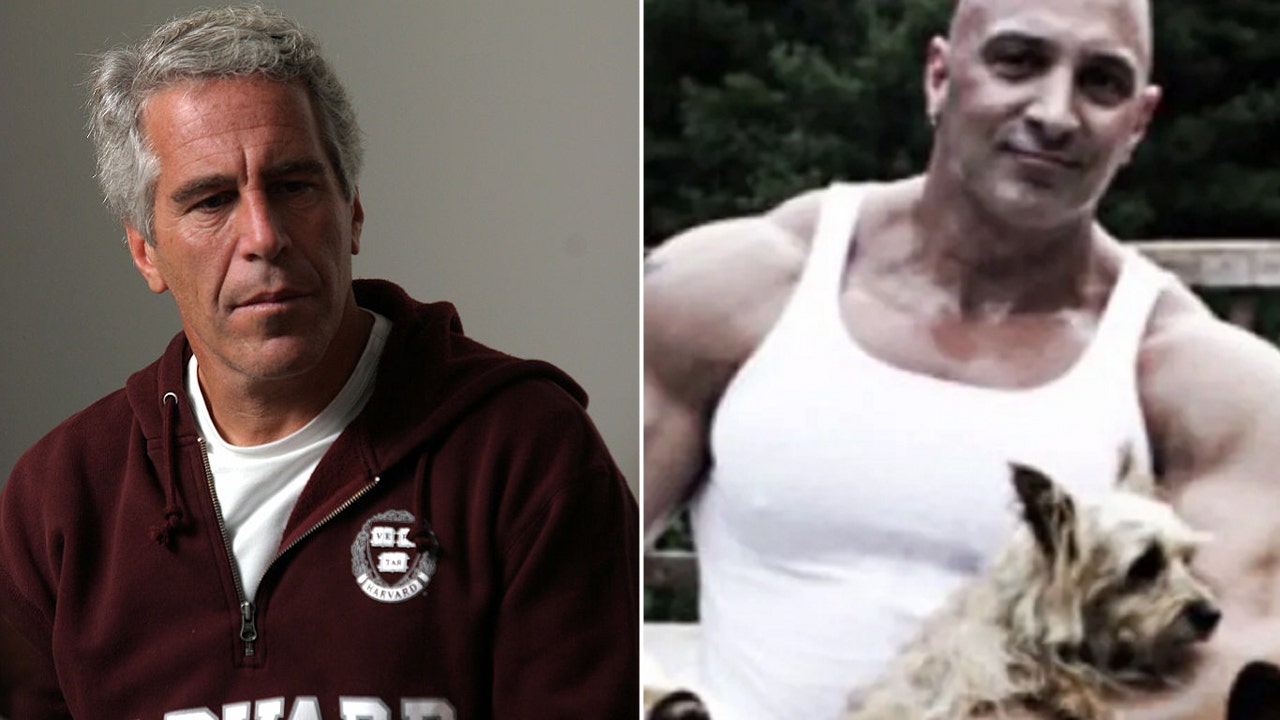The special election in New York’s Third Congressional District on Tuesday will determine who will replace George Santos, the former Republican congressman and serial fabulist, for the remainder of the year. But the political ramifications may be felt far beyond the borders of Nassau County and Queens, with lessons for both parties in November.
The contest pits Mazi Pilip, a little-known Nassau County legislator running as a Republican, against Tom Suozzi, a Democrat who previously held the seat for three terms before leaving to run for governor. The race is expected to be tight — with the last-minute wild card of a major snowstorm on Election Day.
My colleague Nick Fandos, who has been closely following the race, reported today that the powerful Nassau County Republican machine is closely managing Pilip’s campaign. Her election filings do not show a single person on her campaign payroll, an extraordinarily unusual arrangement.
Here’s our guide to the themes dominating the race, and how they could play out in the 2024 general election.
Immigration
Republicans have embraced immigration as their central issue, hoping to capitalize on suburban voter unease about the wave of migrants arriving in cities like New York. Pilip, who was born in Ethiopia before immigrating to Israel and then the United States, has campaigned in front of migrant shelters in Queens, accusing her opponent and President Biden of bringing “the border crisis to our front door.” Republicans have spent millions blanketing the airwaves with ads casting Suozzi as an “open-border radical.”
Suozzi, for his part, has refused to cede the issue, making a tougher stance on immigration a centerpiece of his campaign. He has called on Biden to lock down the border, and said a group of migrant men charged with assaulting police officers should be deported. He also criticized Pilip for opposing a bipartisan Senate border bill.
If Suozzi’s strategy succeeds, his approach could become a new immigration playbook for other Democrats running in swing suburban districts.
Abortion
Since Roe v. Wade was overturned, Democrats have leaned into abortion rights as an energizing force for their coalition. The $13 million they’ve spent on advertising in the race — twice as much as Republicans — has characterized Pilip as an ardent opponent of abortion rights.
Pilip, an Orthodox Jew and the mother of seven children, describes herself as “pro-life.” In the first and only debate of the race last Thursday, she said she would not support a national abortion ban. But she declined to say what abortion restrictions she would support, and attacked Suozzi for pressing her on specifics, accusing him of telling a woman what she believes.
“I went through pregnancy. I suffered,” she said. “It is a personal choice. Every woman should have that choice. I’m not going to tell her what to do.”
If Pilip wins, her approach could become a popular one with Republican candidates, who have struggled to find a voter-friendly stance on abortion since the fall of Roe.
The path to November
Democratic and Republican leaders will be watching tomorrow’s special election to see how their messaging strategies might play out this fall, on a pivotal battlefield.
Control of the House in 2025 may hinge on a handful of suburban areas around New York City like the Third District, which stretches from the outskirts of Queens to the suburbs of Nassau County. Republicans flipped four of those districts in 2022, which helped them win a narrow majority in the House.
At the time, Hakeem Jeffries, the Brooklyn congressman who would soon become the top Democrat in the House, predicted those gains would be short-lived. He described the seats as ones “Republicans are renting, not owning.”
Special elections, which typically feature low voter turnout and are subject to the dynamics of idiosyncratic House districts, are not perfect predictors of general elections. Think of them as the previews for a Broadway show: They could signal how the play might go, but nothing really counts until the curtain rises on opening night.
Or, with Jeffries’s metaphor in mind, this special election may give Democrats their first hint about how long that Republican lease might last.
R.F.K. Jr. apologizes over a Super Bowl ad
Robert F. Kennedy Jr. apologized last night after a super PAC backing his presidential campaign ran a nostalgia-tinged Super Bowl ad that closely resembled a spot made famous by his uncle John F. Kennedy.
The ad featured the same jingle and the same cheerful cartoons interspersed with candid photographs of Kennedy, who won that 1960 race, onto which the face of Robert F. Kennedy Jr. was superimposed.
Some Kennedy family members quickly criticized the ad. Many of them have denounced him because of his promotion of unsubstantiated theories about vaccines and other matters.
Bobby Shriver, a nephew of John F. Kennedy, said on X: “My cousin’s Super Bowl ad used our uncle’s faces — and my Mother’s. She would be appalled by his deadly health care views. Respect for science, vaccines, & health care equity were in her DNA.”
Robert F. Kennedy Jr. himself, who has invoked his storied political family and its legacy throughout his candidacy, soon responded.
“I’m so sorry if the Super Bowl advertisement caused anyone in my family pain,” he wrote on X on Sunday night. “The ad was created and aired by the American Values Super PAC without any involvement or approval from my campaign. F.E.C. rules prohibit Super PACs from consulting with me or my staff. I love you all. God bless you.”
Separately, the Democratic National Committee filed a complaint on Friday accusing Kennedy and the super PAC of illegal coordination.
Kennedy is running for president as an independent. His candidacy has worried many Democrats who fear that Kennedy — an environmental lawyer who has become a prominent purveyor of conspiracy theories — could siphon votes away from President Biden.
The super PAC has heightened those suspicions. A substantial portion of its funding, about $15 million, came from Timothy Mellon, a Republican who has also given $10 million to a super PAC backing former President Donald J. Trump.
Robert Shrum, a longtime Democratic political consultant, wrote: “This RFK Jr. Super Bowl ad is a straight out plagiarism of JFK ad from 1960. What a fraud — and to quote Lloyd Bentsen with a slight amendment: ‘Bobby, you’re no John Kennedy.’ Instead you are a Trump ally.” — Rebecca Davis O’Brien
Read the full story here.






